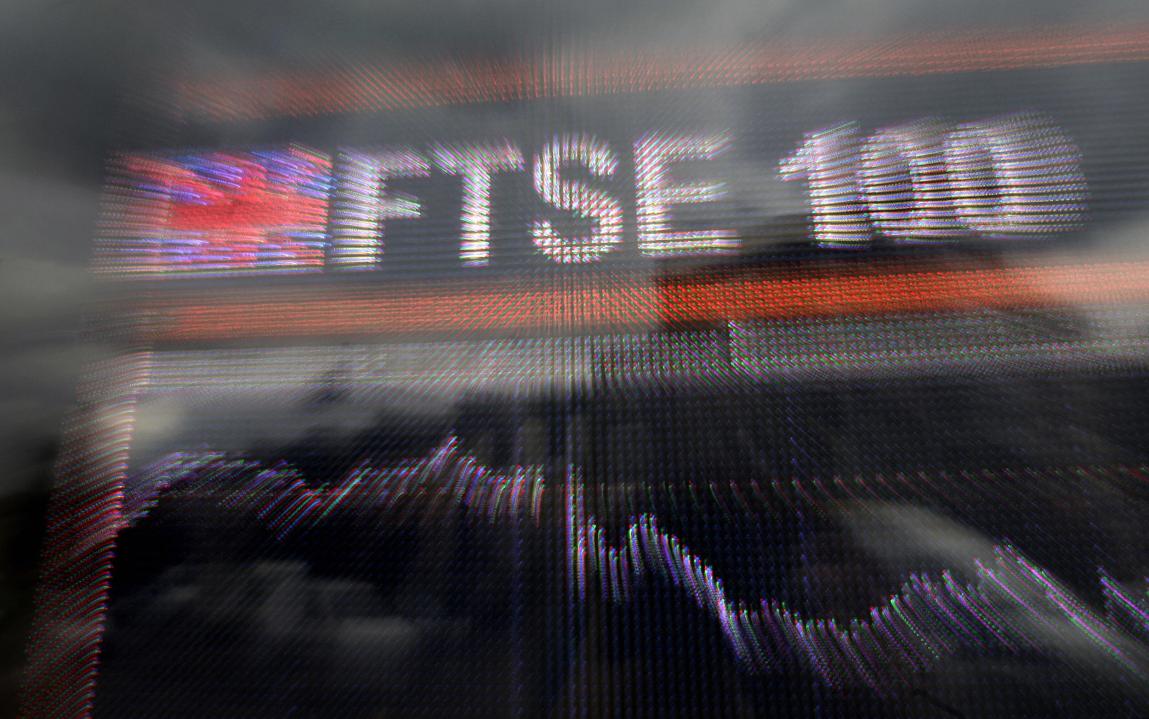Jeremy Corbyn wants to get rid of the British Empire Medal and David Cameron wants to ditch the Human Rights Act. But I have a different nomination for the national institution most desperately in need of abolition: the FTSE 100 index. It is harming our economy by consistently underplaying the returns to be made on stock market investments and encouraging us all to invest in property instead.
The FTSE 100 is the standard proxy for the entire stock market, yet its recent record is enough to put off anyone investing in shares. Last year, it made a loss of 5 per cent. Over 10 years it has just about scraped into the black, staggering from 5800 to 6100. Another morning like this morning and it will be back to where it was a decade ago. Worse, it is still 10 per cent lower than it was on the last day of last century. That is a period over which the Nationwide house price index has risen by 164 per cent. This stark difference in returns goes a long way to explaining why so many of us seem determined still to put our savings into bricks and mortar, in spite of the taxes which George Osborne is now loading on buy-to-let investment.
Yet unless you are unfortunate enough to have been invested in a FTSE 100 tracker fund, your own portfolio will almost certainly have done much better than the index – whether you chose it yourself or paid a fund manager to choose it for you. For one thing, you will almost certainly own the shares of some smaller companies which are members of the FTSE 250. This index, the championship of the stock market compared with the premiership that is the FTSE 100, rose 10 per cent last year. Over 10 years it has very nearly doubled. The all-share index has, unsurprisingly, performed somewhere between the two, being flat over 12 months and up 18 per cent over 10 years.
The FTSE 100 has performed badly over the past year partly because the oil and gas sectors are heavily represented within it. Over a 10 year period its performance still bears the scars of the banking collapse. But there is more to it than that. The FTSE 100 could not have been better designed to underperform the market. It’s constituency is determined by the size of the 100 largest companies by market capitalisation on appointed days in March, June, September and December. The companies are weighted according to their market capitalisation, something which is adjusted at the same time.
Read through any investment bumf and you will be met by the warning: past performance is no guide to the future. The FTSE 100 is like the portfolio of someone who is determined to follow the exact opposite rule. If a share does relatively well for a few months, the FTSE buys more of it. If it does relatively badly for a few months, the FTSE sells some of it. Small companies which enjoy a surge of interest from investors are bought at what often turns out to be their peak. If a company suffers a temporary dip it is sold regardless of prospects for recovery.
Maybe once, in the days before powerful computers, there was a reason for having a stock market indicator which included only a sample of the largest shares. But there seems no reason now why an All-Share Index should not be used as the standard measure of stockmarket performance. If it encouraged more of us to invest in businesses rather than property it would be a good thing.








Comments